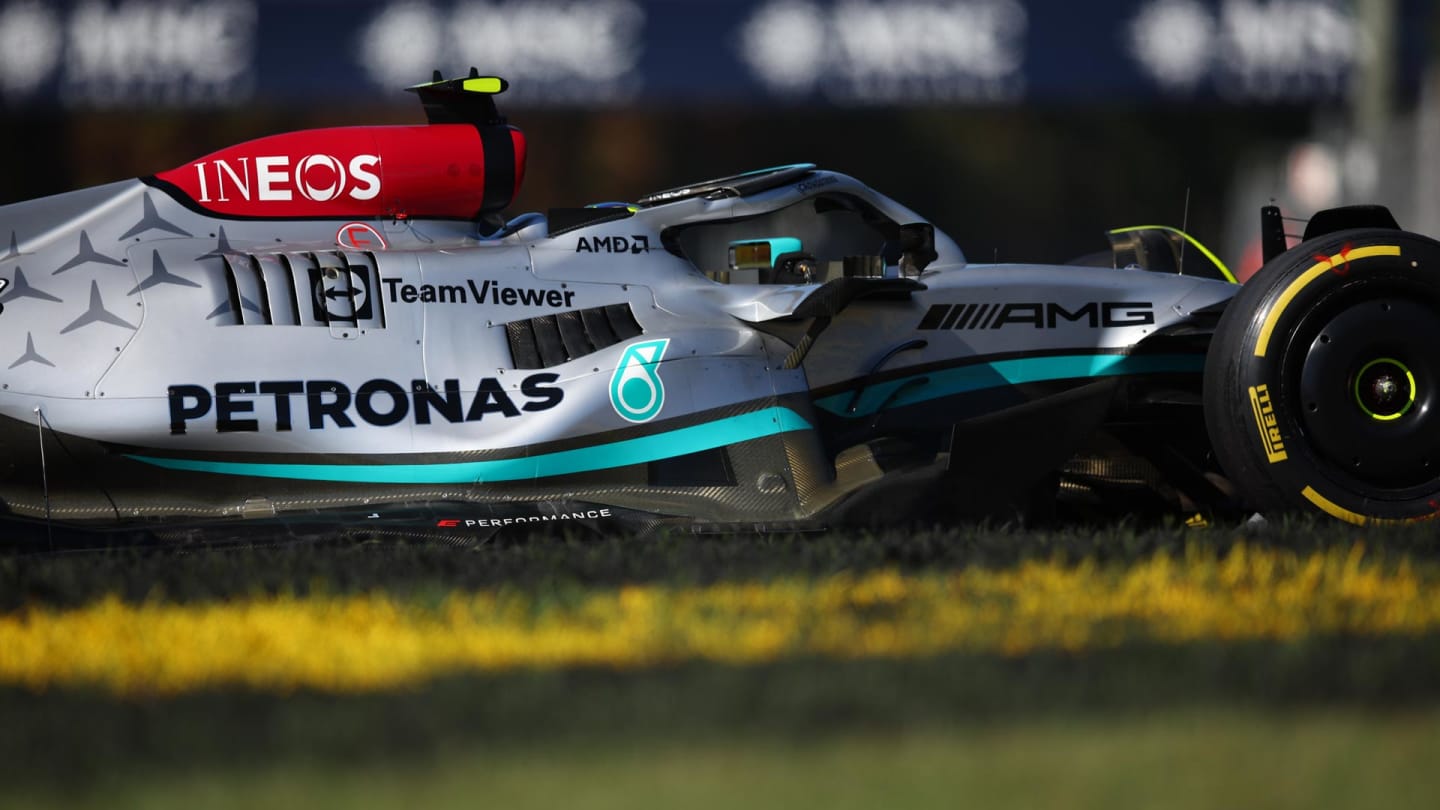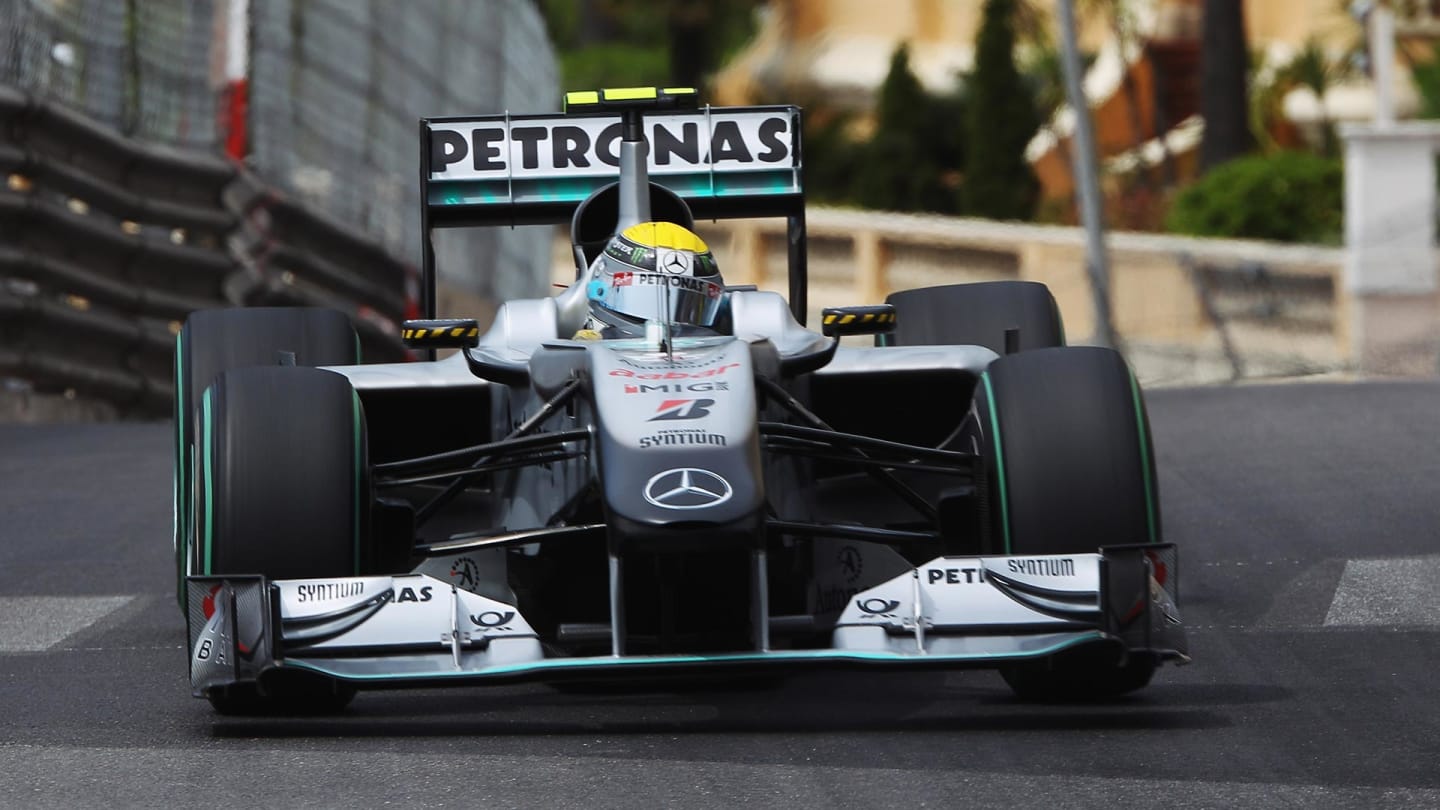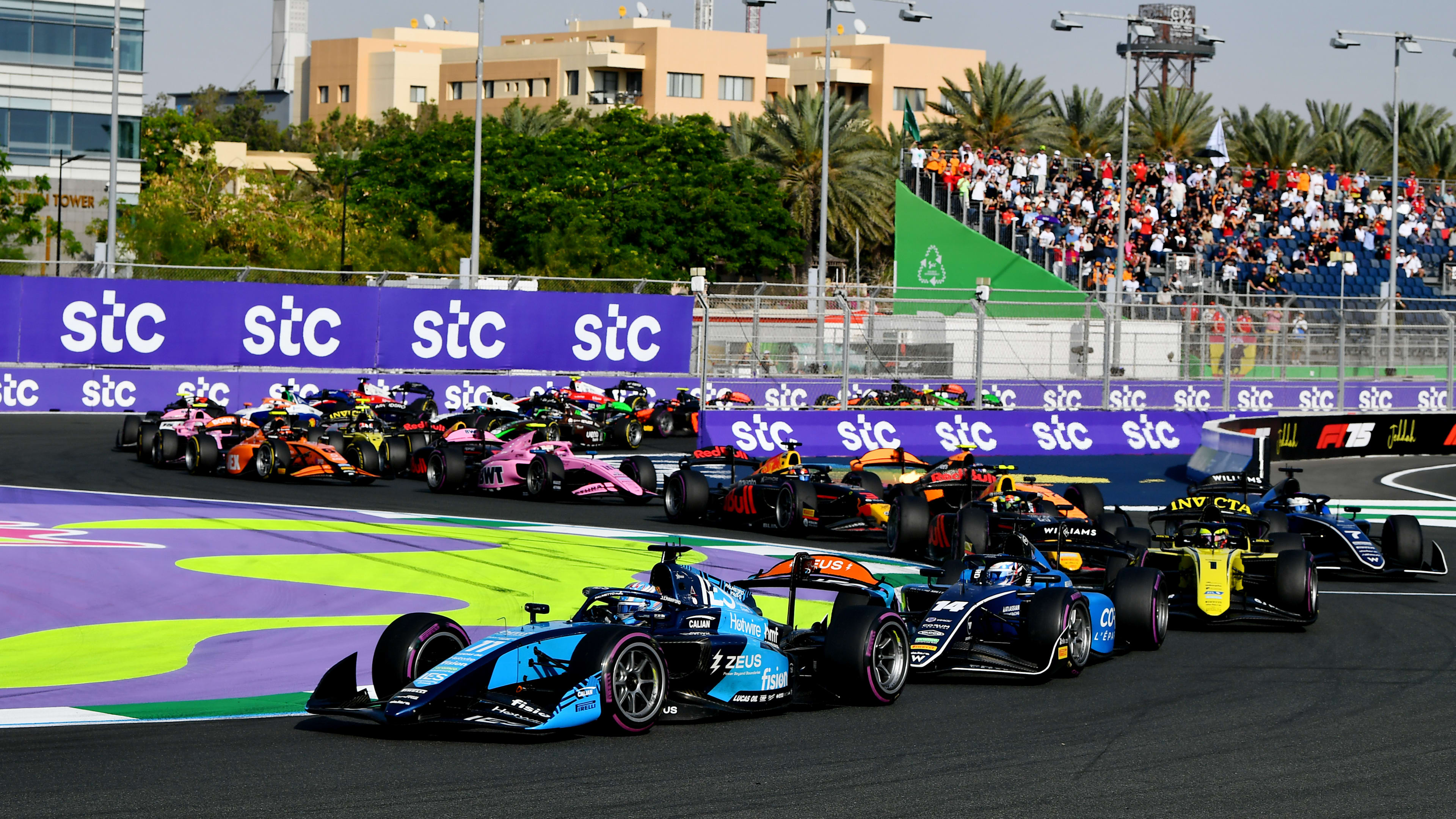
News
Mercedes and Petronas extend partnership into F1’s new sustainable fuels era
Share

Mercedes and Petronas have announced an extension to their title sponsorship deal that will see the Malaysian oil company work with the eight-time constructors' champions beyond 2026 – and supply the Silver Arrows with sustainable fuel.
Petronas' title sponsorship began in 2010, when the Mercedes F1 team was formed after a buyout of Brawn GP, and on Wednesday the company announced they will continue sponsoring the reigning constructors' champions when the new era of F1 power units is implemented in 2026. Crucially, the oil company will develop the sustainable fuel needed for the next generation of F1 power units.
“Today we are doing something a little bit unusual – announcing a partnership that will begin in four years’ time. This sends an important message: our team and Petronas are no longer just partners, we are family, and we will be one team for many more years to come,” said Toto Wolff Team Principal.
“From 2026, advanced sustainable fuel will be at the heart of F1 performance – and this gives us a fantastic opportunity to demonstrate our expertise in this domain, through both the power unit and Petronas Fluid Technology Solutions.
"We are excited to be racing into the future alongside Petronas, with the ambition to set the standard once again, in our on-track performance and by pioneering the transition of a global sports team to a net-zero future.”

Petronas have been Mercedes' title sponsors since 2010
From 2026, Formula 1's power units will not unly use 100% sustainable fuels but deploy three times the electrical power and be far more environmentally responsible. Petronas are also working on supplying Sustainable Aviation Fuel from 2027.
“We are already on track with developing a greenfield biorefinery and co-processing at our facilities to supply sustainable aviation fuel (SAF) as a cleaner and more viable option for aircrafts in our effort to support the aviation industry needs,” said CEO of Petronas Downstream, Datuk Sazali.
“This is in line with Carbon Offsetting and Reduction Scheme for International Aviation (CORSIA) which is expected to come into mandatory effect by 2027 as well as the FIA's net zero by 2030 commitment – both of which will affect the logistics operations of F1 teams.”
YOU MIGHT ALSO LIKE
News Minor refinements to 2025 regulations agreed at F1 Commission meeting
FeatureF1 Unlocked BARRETTO: The Saudi Arabian GP proved things are starting to click for Williams’ new all-star driver line-up

Feature Theme park fun, discos with Russell and architect dreams – Getting to know the real Kimi Antonelli
NewsF1 Unlocked F1 The Movie European Premiere - WIN with F1 Unlocked

)

